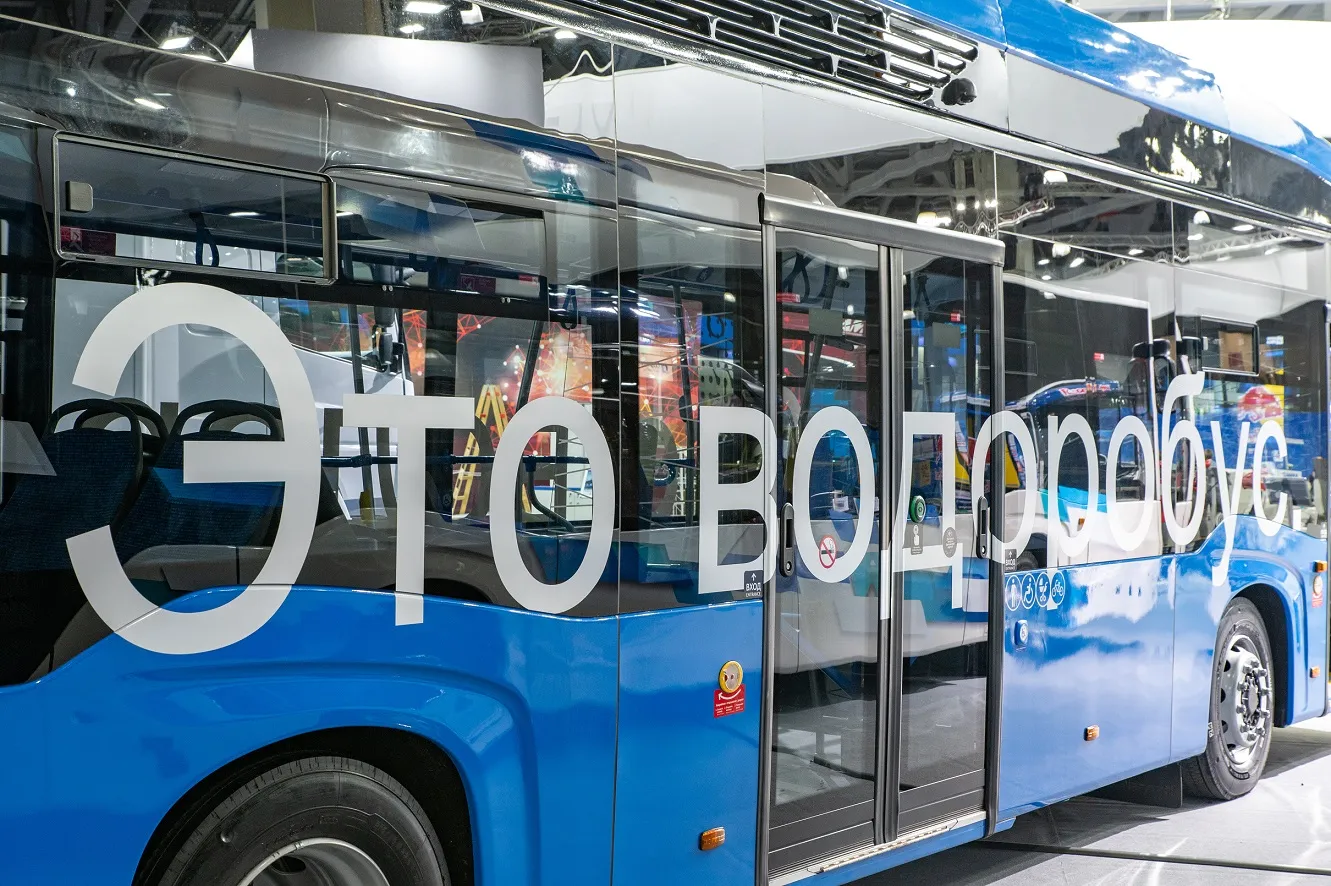Linde North America, a specialist in the design, construction and operation of hydrogen vehicle fuelling systems, has commissioned an installation at AC Transit, the bus operator for 13 cities in the East Bay Area, including Emeryville, Oakland and Berkeley, and also operates trans-bay service to San Francisco. The Emeryville hydrogen fuelling station, which is now fuelling 12 fuel cell buses and up to 20 passenger cars a day, is one of two Linde is supplying to AC Transit. The second, located at the Oaklan
April 11, 2012
Read time: 2 mins
Linde North America, a specialist in the design, construction and operation of hydrogen vehicle fuelling systems, has commissioned an installation at 274 AC Transit, the bus operator for 13 cities in the East Bay Area, including Emeryville, Oakland and Berkeley, and also operates trans-bay service to San Francisco.
The Emeryville hydrogen fuelling station, which is now fuelling 12 fuel cell buses and up to 20 passenger cars a day, is one of two Linde is supplying to AC Transit. The second, located at the Oakland operating division, is expected to begin operating in 2013. Both stations are part of AC Transit’s HyRoad project, which seeks to demonstrate the commercial viability of hydrogen fuel cell technology for the public transport industry.
Replacing diesel with hydrogen fuel completely eliminates vehicle tailpipe emissions. The California Air Resources Board estimates that fuel cell buses will deliver a net reduction of 2.7 pounds of carbon dioxide per mile using hydrogen reformed from methane, and 6.3 pounds per mile using hydrogen derived from solar, wind, or other renewable sources. Each bus is projected to travel 36,000 miles per year, reducing carbon emissions by 44 metric tons annually when using methane as a source of fuel, or 103 metric tons using renewables.
This is the first public hydrogen fuelling station in the San Francisco Bay area. It meets industry needs for fast fuelling and includes both 700 and 350 bar fuelling.2069 Daimler, which has tested fuel cell cars at the station on several occasions, described the station as “the best we have filled at in the United States. Performance-wise, it meets the Daimler requirement of a three-to-four minute complete fill with a delivered gas temperature of -40o C, the best available today. In addition to fill performance, the station reliably demonstrated the capability to fill four fuel cell vehicles back-to-back,” said Rosario Beretta, general manager, 1685 Mercedes-Benz Research & Development North America, who is responsible for Mercedes-Benz fuel cell vehicle operations in North America.
The Emeryville hydrogen fuelling station, which is now fuelling 12 fuel cell buses and up to 20 passenger cars a day, is one of two Linde is supplying to AC Transit. The second, located at the Oakland operating division, is expected to begin operating in 2013. Both stations are part of AC Transit’s HyRoad project, which seeks to demonstrate the commercial viability of hydrogen fuel cell technology for the public transport industry.
Replacing diesel with hydrogen fuel completely eliminates vehicle tailpipe emissions. The California Air Resources Board estimates that fuel cell buses will deliver a net reduction of 2.7 pounds of carbon dioxide per mile using hydrogen reformed from methane, and 6.3 pounds per mile using hydrogen derived from solar, wind, or other renewable sources. Each bus is projected to travel 36,000 miles per year, reducing carbon emissions by 44 metric tons annually when using methane as a source of fuel, or 103 metric tons using renewables.
This is the first public hydrogen fuelling station in the San Francisco Bay area. It meets industry needs for fast fuelling and includes both 700 and 350 bar fuelling.









